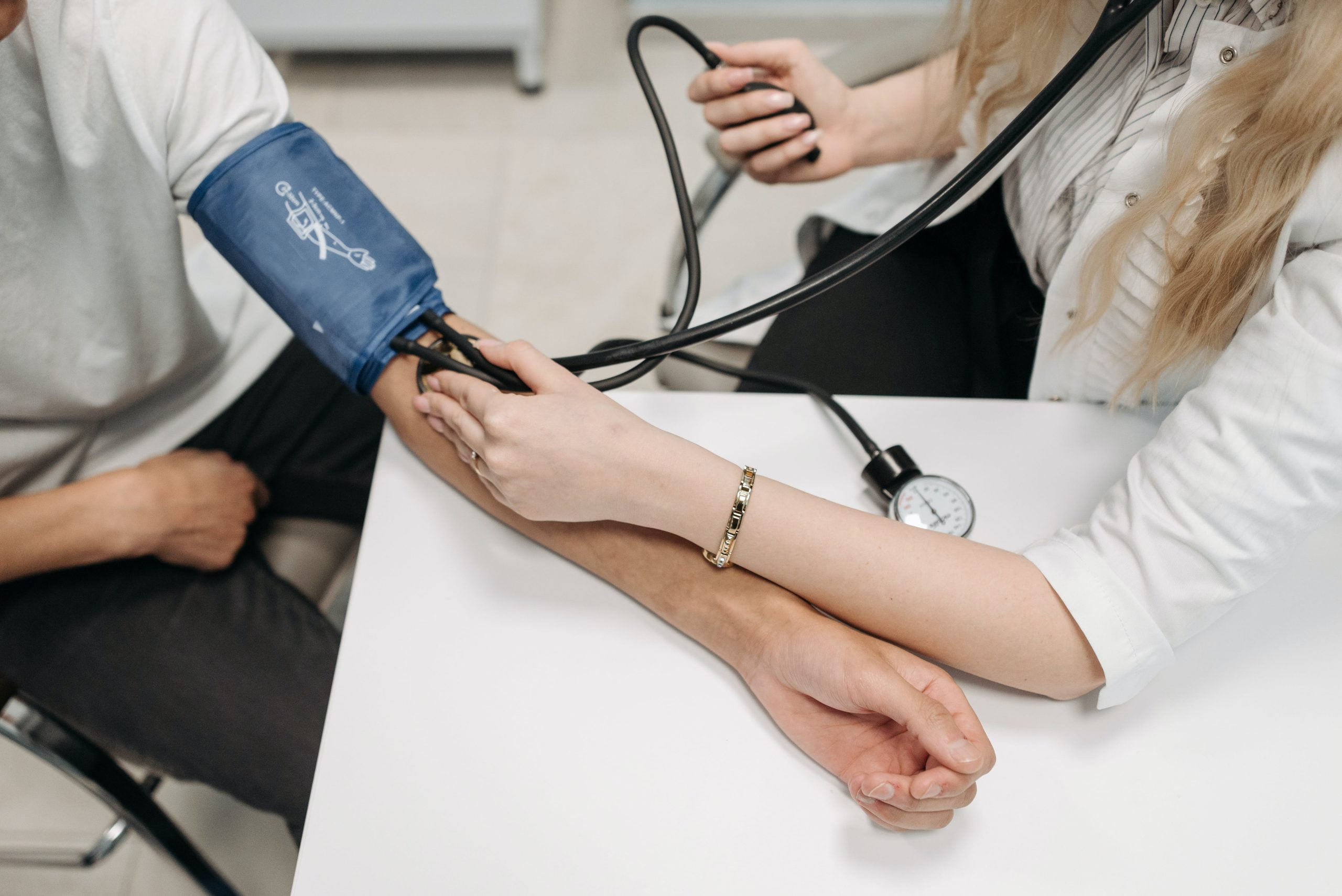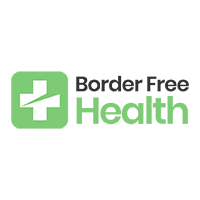High blood pressure, or hypertension, is a common health concern among older adults that requires careful management to reduce the risk of serious health complications. You may ask, what is the safest blood pressure medicine for the elderly? Well, the answer here depends on specific health conditions and needs.
High blood pressure occurs when the force of blood against the walls of the arteries is consistently too high. As we age, the risk of developing hypertension increases due to factors such as reduced elasticity of blood vessels and changes in hormone levels. Left untreated, high blood pressure can lead to severe health issues, including heart disease, stroke, and kidney problems.
Available Medications for Managing High Blood Pressure
That said, there are several classes of blood pressure medications commonly prescribed for the elderly, and the choice often depends on individual circumstances.
- Diuretics – Commonly prescribed as a first-line treatment, diuretics help the body eliminate excess sodium and water, reducing blood volume and pressure.
- ACE Inhibitors (Angiotensin-Converting Enzyme Inhibitors) – These medications relax blood vessels by blocking the production of angiotensin, a chemical that narrows blood vessels.
- Calcium Channel Blockers – By preventing calcium from entering the heart and blood vessel cells, these drugs help relax and widen blood vessels.
- Beta-Blockers – These medications reduce heart rate and the force of contraction, lowering blood pressure by reducing the workload on the heart.
- ARBs (Angiotensin II Receptor Blockers) – Similar to ACE inhibitors, ARBs work by blocking the effects of angiotensin, leading to blood vessel relaxation.
Lifestyle Tips for Blood Pressure Management
- Ensure a Healthy Diet
- Adopt a heart-healthy diet rich in fruits, vegetables, whole grains, and lean proteins.
- Reduce sodium intake to help lower blood pressure; aim for less than 1,500 milligrams per day.
- Limit saturated and trans fats, opting for healthier fats found in olive oil, avocados, and nuts.
- Exercise Regularly
- Engage in moderate aerobic exercises like walking, swimming, or cycling for at least 150 minutes per week.
- Include strength training exercises two or more days per week to improve overall cardiovascular health.
- Weight Management
- Maintain a healthy weight through a balanced diet and regular physical activity.
- Shedding even a small amount of excess weight can have a significant impact on blood pressure.
- Reduce Your Stress Level
- Practice stress-reducing techniques such as deep breathing, meditation, or yoga.
- Identify and manage sources of stress in daily life to promote emotional well-being.
- Limit Your Alcohol and Caffeine Intake
- According to the Centers for Disease Control and Prevention’s 2020-2025 Dietary Guidelines for American, individuals should aim for no more than one drink per day for women and two drinks per day for men.
- Monitor caffeine intake, as excessive amounts may contribute to elevated blood pressure.
- Regular Monitoring of Blood Pressure
- Keep track of blood pressure at home using a reliable blood pressure monitor.
- Share recorded readings with healthcare providers to aid in treatment adjustments.
Reaching your blood pressure goal
Achieving control over blood pressure often requires a combination of lifestyle adjustments and medication. It might be necessary to experiment with various medications or dosages before identifying the most effective option for your individual needs.
Monitoring your blood pressure regularly at home can provide valuable insights into the effectiveness of your treatment. Home blood pressure monitors are easily accessible and do not require a prescription. However, it’s crucial to emphasize that self-monitoring at home does not substitute for regular check-ups with a healthcare professional.
If you have any inquiries regarding your blood pressure or the medications you are prescribed, it’s essential to engage in a conversation with your healthcare team. They can offer guidance, address your concerns, and ensure that your blood pressure management plan aligns with your specific health requirements.











